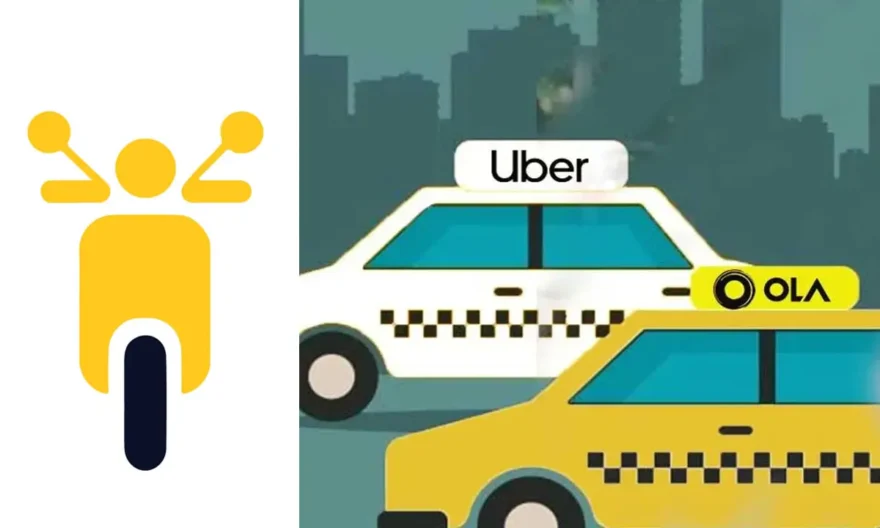
The Supreme Court of India on Monday put on hold the Delhi High Court order staying a notice of city government to bike-taxi aggregators Rapido and Uber and allowing them to operate without aggregator licenses till the final policy has been notified.
The high court’s order allowed the aggregators to continue their operations without aggregator licenses until the final policy on their operations was officially notified.
During the hearing, the Supreme Court considered two pleas filed by the Delhi government against the high court order that permitted Rapido & Uber to operate in the national capital until the final policy on the plying of two-wheeler non-transport vehicles was officially announced by the administration.
Representing the Delhi government, senior advocate Manish Vashisht argued that the high court’s decision to stay the government’s notice until the final policy was notified was essentially equivalent to granting the writ petition filed by Rapido.
On May 26, while issuing a notice to the Delhi government on Rapido’s plea challenging a law that excludes two-wheelers from being registered as transport vehicles, the high court directed that no coercive action should be taken against the bike-taxi aggregator till the final policy was notified.
Previously, on May 26, the high court issued a notice to the Delhi government in response to Rapido’s plea challenging a law that excluded two-wheelers from being registered as transport vehicles. Further, the high court directed that no coercive action should be taken against the bike-taxi aggregator until the final policy was officially announced.
Listing Rapido’s plea for completion of pleading on August 22 before the registrar, the high court acknowledged that the policy was actively being considered. It then ordered, “Accordingly, we hereby stay the notice and make it clear that the stay shall operate till the final policy gets notified. However, once the final policy is notified, if the petitioners are still aggrieved, they are at liberty to take steps before the appropriate forum.”
In its petition before the high court, Roppen Transportation Services Private Limited, the company operating Rapido, argued that the Delhi government’s order to immediately halt the plying of non-transport two-wheelers for passenger transport purposes lacked justification & reason.
Earlier this year, the government issued a public notice cautioning bike-taxis against operating in Delhi, warning that violations would subject aggregators to fines up to ₹1 lakh.
Rapido has also challenged a show-cause notice issued to it by the city government in that context, saying it is in violation of various fundamental and constitutional rights, and has been passed in violation of the principles of natural justice.
Rapido also challenged a show-cause notice issued by the city government, asserting that it violated fundamental & constitutional rights and was passed without adhering to the principles of natural justice.
The plea said that, “The direction issued by the transport department under the impugned notice is ex-facie arbitrary and passed without following due process under law, without providing any reasons for such prohibition.”
Furthermore, it contended that the city government’s actions contradicted the intent and objectives of the central government regarding the issuance of licenses to aggregators, as outlined in the Motor Vehicles Act & Motor Vehicle Aggregator Guidelines of 2020.
The plea stated that “Transport department is yet to come up with its own guidelines with respect to plying of two-wheeler non-transport vehicles as transport vehicles for the purpose of aggregation and ride-sharing/ride-pooling. MoRTH Guidelines expressly allowed vehicle pooling in non-transport vehicles in furtherance of the central and state governments’ objective of reducing traffic congestion and automobile pollution and achieving effective asset utilisation unless it is prohibited by the state government.”
The plea further highlighted that a blanket ban on Rapido’s services would significantly impact the lives & livelihoods of a large number of vehicle owners, riders, and daily commuters.




